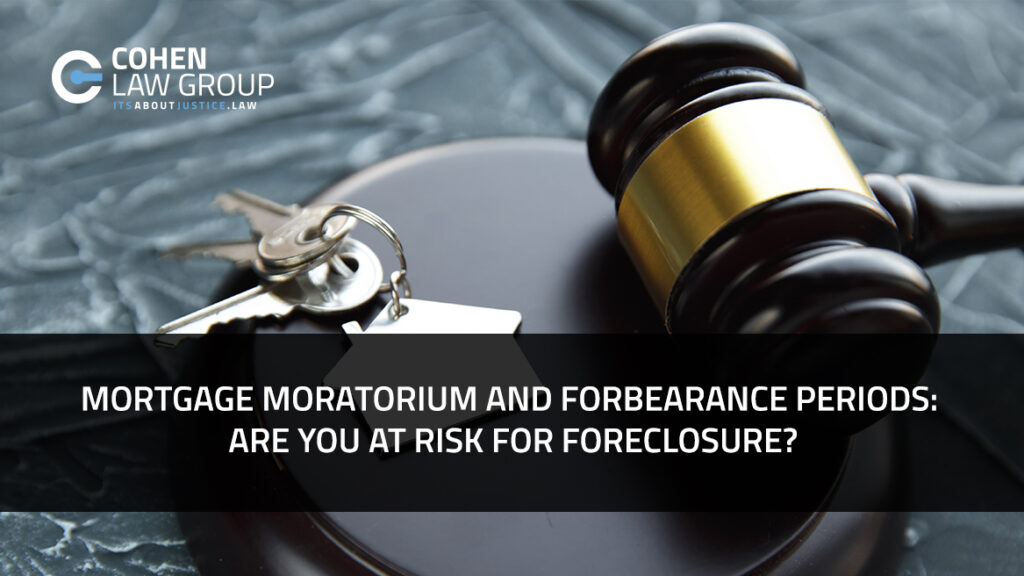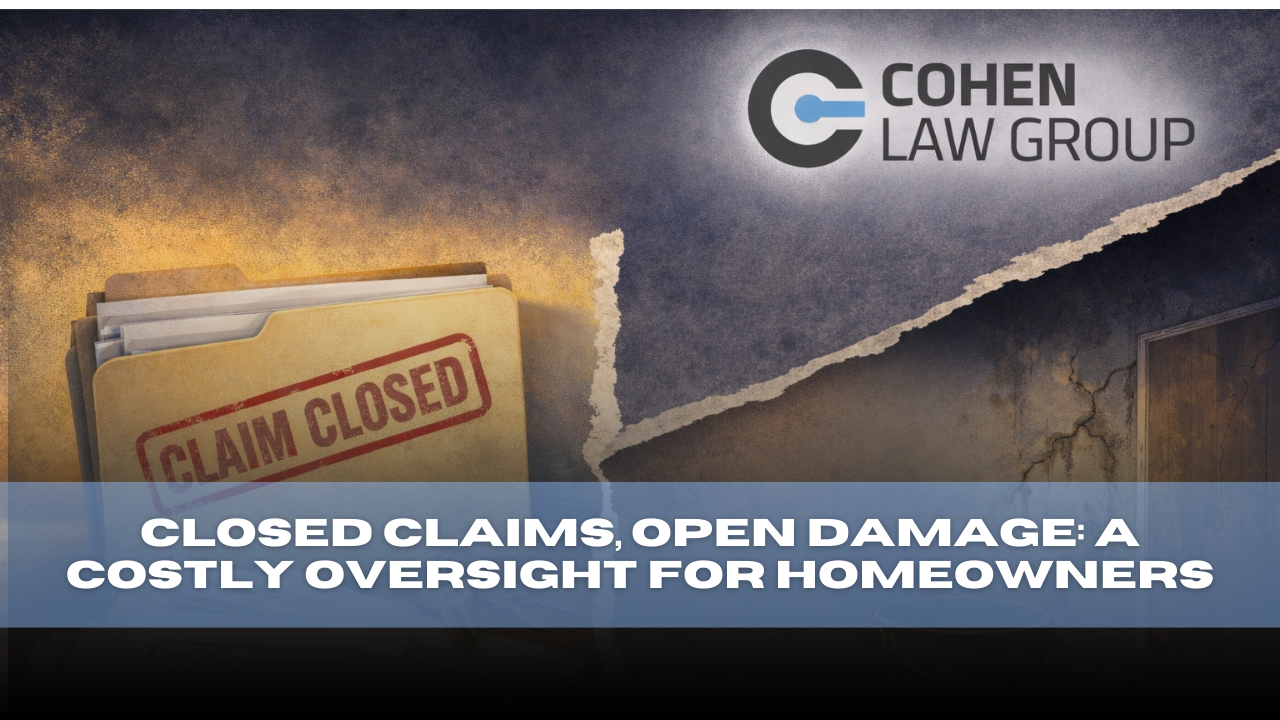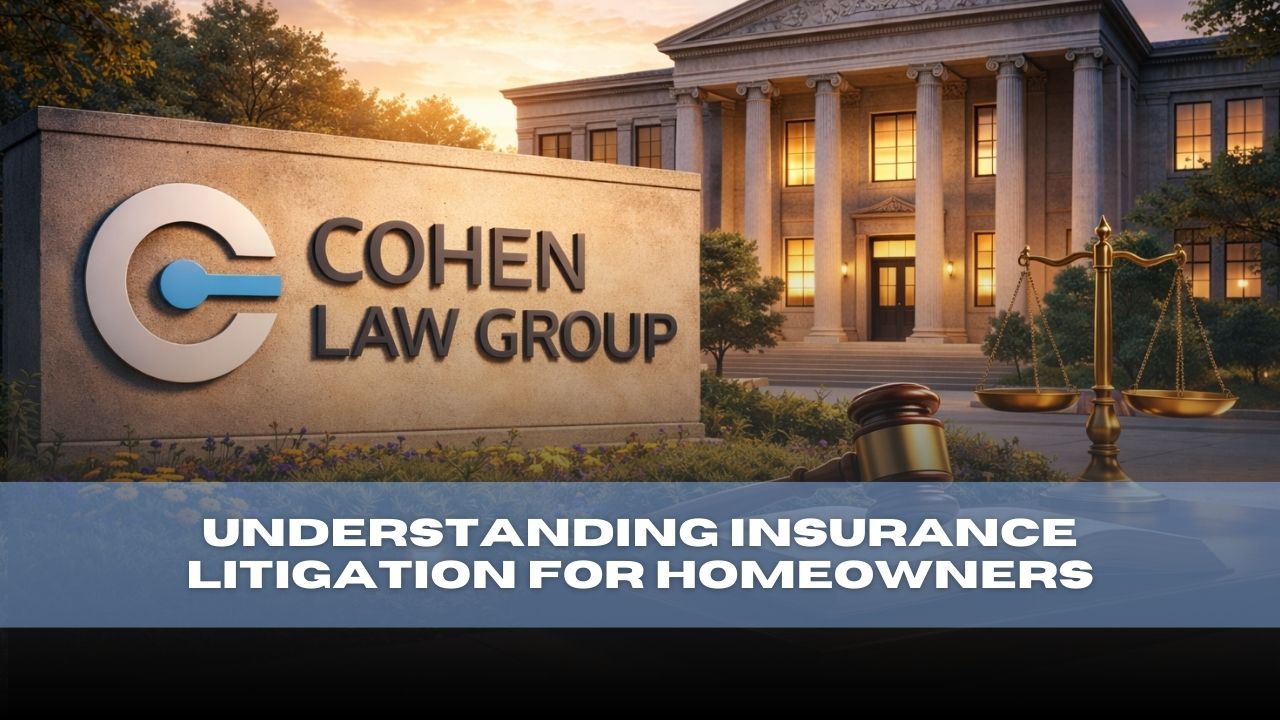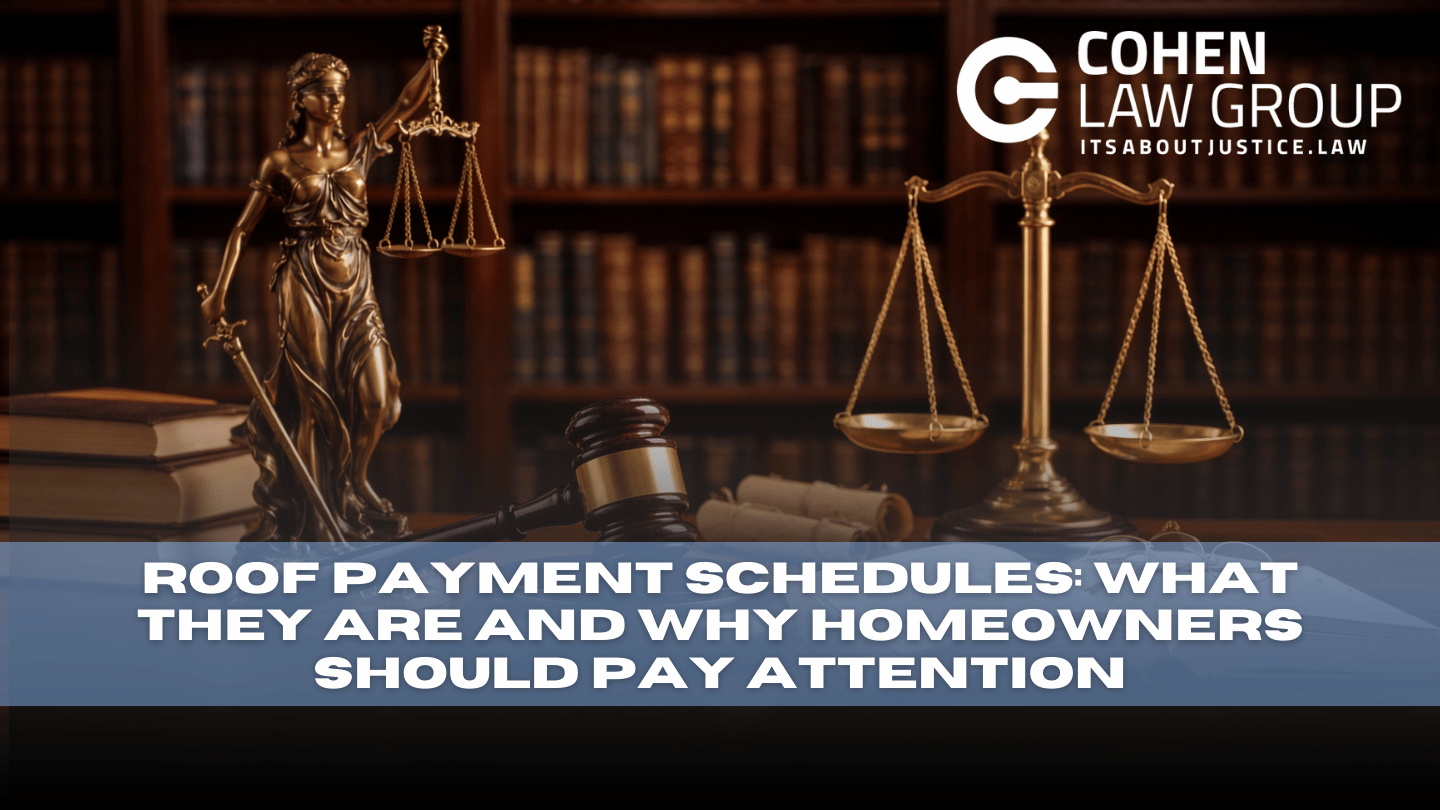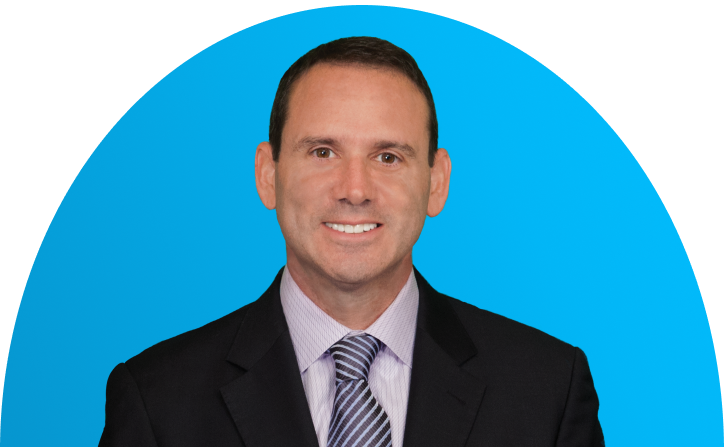With the coronavirus pandemic, many people have found themselves in a position where they are unable to make ends meet, resulting in a failure to pay their mortgages. Fortunately for many, the Government has provided temporary relief by implementing a foreclosure moratorium for federally guaranteed mortgages until June 30, 2021. In addition, they have provided respite for Borrowers of non-federally backed mortgages, by making it more accessible to qualify for mortgage forbearance periods. What exactly do mortgage moratorium and foreclosure periods entail? Essentially, lenders and/or servicers temporarily allow Borrowers to reduce or skip making principal and interest payments for up to a year or longer. For some, this is their last shot and only shot at saving their home. But, while these periods allow Borrowers extra time in their homes, the question then remains, what happens when the moratorium and forbearance periods end? Could you be at risk of losing your home to foreclosure?
The answer is yes. What many people fail to realize, is that at the end of moratorium and forbearance periods, all unpaid amounts become due to your lender and/or servicer. Additionally, many people also find themselves delinquent for separate obligations, such as taxes and HOA fees. For most, this means coming up with months’ worth of payments, leaving them with no other option but to be forced into foreclosure. However, under the Coronavirus Aid, Relief, and Economic Security (CARES) Act, most lenders and servicers are no longer allowed to mandate that Borrowers pay back all unpaid sums at once. Instead, Borrowers are given other options, such as:
- An extension on forbearance periods,
- Negotiating a-payment plan by increasing a Borrower’s monthly mortgage payment until all money is repaid,
- Executing a loan modification, or an agreement with the lender that changes the terms of a Borrower’s mortgage to help make it affordable, usually by extending the term of his or her loan, reducing the interest rate or changing the structure of the loan from an adjustable interest rate to fixed, and
- Offering Payment deferral or agreeing to allow for a deferment of unpaid principal and interest payments until the house is sold, refinanced or it is at the end of the mortgage term.
COHEN LAW GROUP
DISCLAIMER: This website is for informational purposes only and does not provide legal advice. Please do not act or refrain from acting based on anything you read on this site. Using this site or communicating with Cohen Law Group through this site does not form an attorney/client relationship. This site is legal advertising. Please review the full disclaimer for more information by clicking here.

